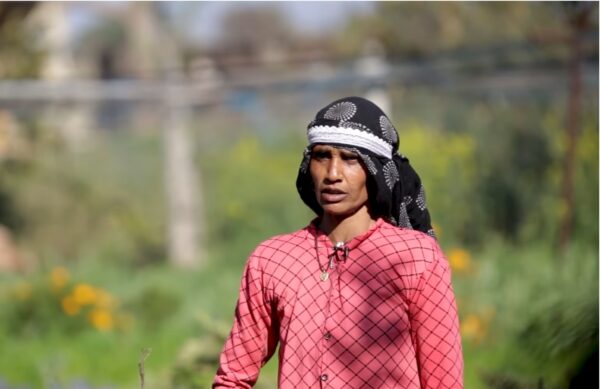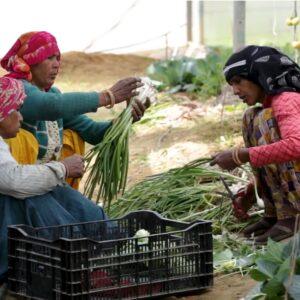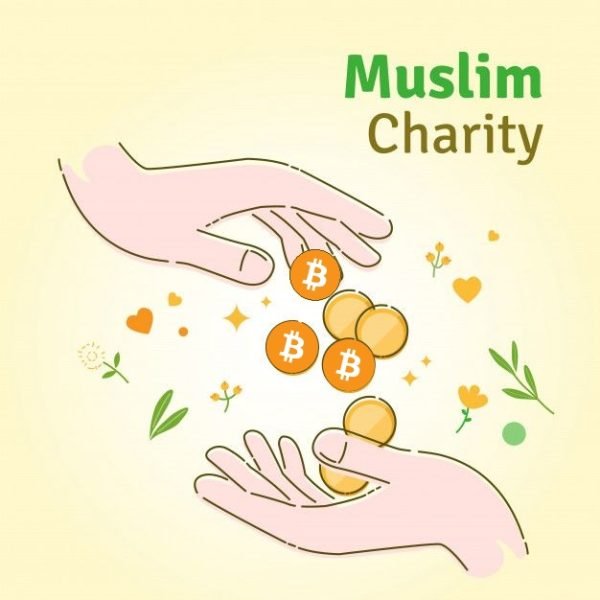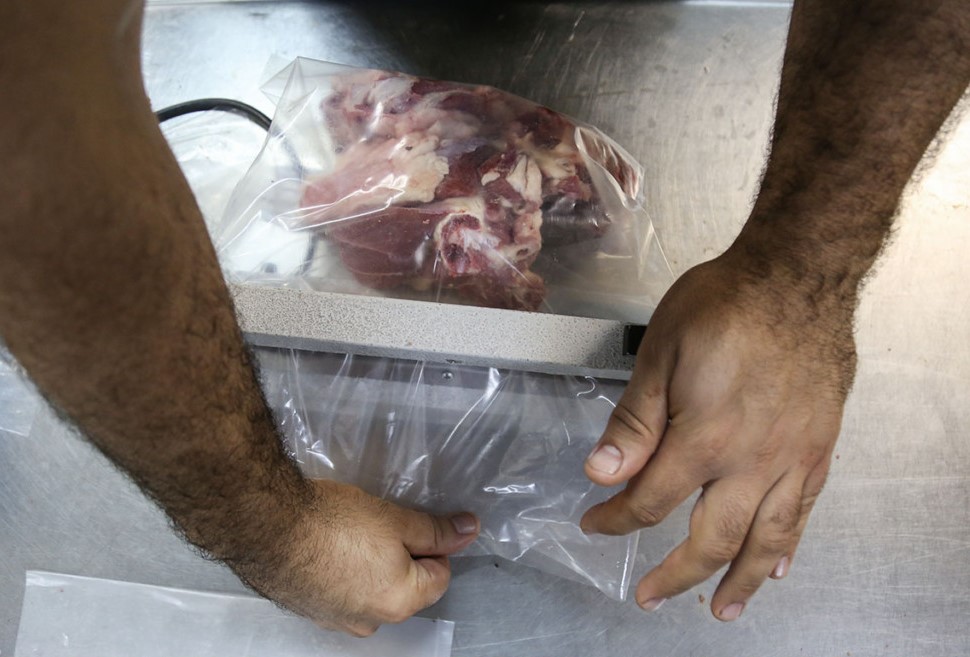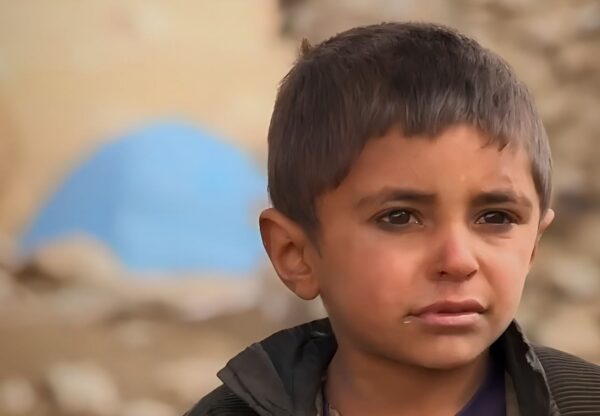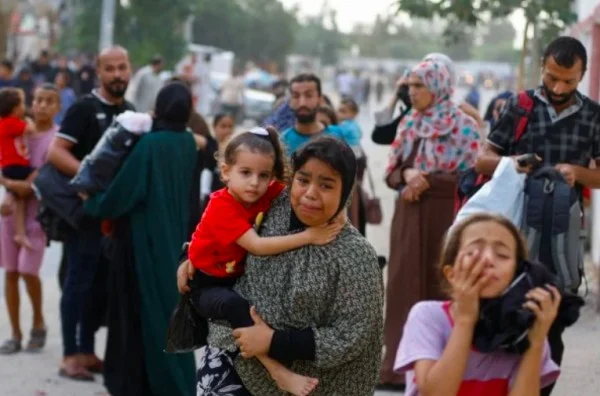Donating with Crypto to Our Islamic Charity
As a fellow member of our Islamic charity community, you understand the importance of aligning your charitable giving with your faith. The increasing popularity of cryptocurrency offers a new avenue for fulfilling your desire to contribute while adhering to Islamic principles. We, at Our Islamic Charity, are committed to supporting our crypto donors and making the process of giving as seamless and convenient as possible.
Driven by Your Needs: Welcoming the Sui Blockchain
The world of cryptocurrency is a dynamic landscape, constantly evolving with new networks and blockchains emerging. Unlike other charities, we don’t simply follow trends. Our focus is on you, our valued donors. This is why we actively listen to your requests and suggestions. We’re thrilled to announce the recent addition of the Sui blockchain to our list of supported donation methods. This wasn’t a decision made in a boardroom – it was a direct response to the numerous requests we received from our dedicated crypto donor community. We are committed to providing you with a variety of options that best suit your preferred methods of giving.
Your Voice Matters: Continued Support and Open Communication
Your input is invaluable to us. We encourage you to continue reaching out and connecting with our team through the “Contact Us” link on our website. Whether you have questions about specific cryptocurrencies, suggestions for future integrations, or require general assistance with the donation process, our team is here to support you. We believe in open communication and fostering a collaborative environment where your voice shapes the future of our charitable endeavors.
A Heartfelt Thank You and Blessings to Our Crypto Donors
We extend our deepest gratitude to our generous crypto donors who empower us to continue serving our community. Your contributions, fueled by both faith and technological innovation, make a real difference in the lives of those in need. May Allah (SWT) reward your generosity abundantly and grant you continued success in this life and the hereafter.



